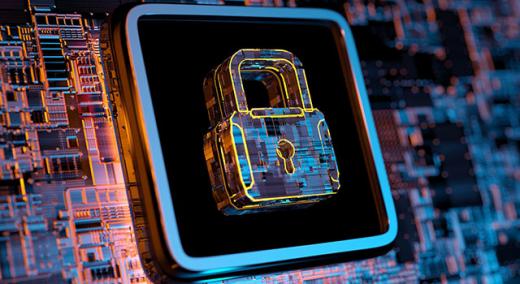The importance of medical device cybersecurity is growing exponentially. As more devices become connected to the internet, threats to public safety mount. Cybercriminals, formerly interested in stealing financial or medical records, have begun to essentially hold healthcare providers hostage by using ransomware to lock users out of medical devices. Even more sinister possibilities await.
|
ADVERTISEMENT |
For example, McAfee researchers discovered vulnerabilities in two types of infusion pumps where unsuspecting patients could overdose at the hands of malicious hackers, HealthITSecurity reports.
Medical devices aren’t like typical IT endpoints, such as laptops, where security updates are pushed out over the internet by the manufacturer, and third-party applications alone can put up a defense. The risk to medical devices is more open-ended.
Where should quality management professionals start when implementing a cybersecurity strategy to close the loopholes on medical device safety? The process begins by recognizing the barriers to success within the health system itself.
…

Add new comment